These days, STEM learning is more important than ever. Science, technology, engineering, and math are the keys to many modern careers, so a good grounding in them from an early age is a must. The best STEM activities are hands-on, leading kids to cool innovations and real-world applications. Here are some of our favorites, with challenges that will really get kids thinking about how STEM plays a part in their everyday lives.
1. Participate in the St. Jude EPIC Challenge

St. Jude’s EPIC Challenge gives students a chance to create real-world impact for other kids currently facing cancer. EPIC stands for Experimenting, Prototyping, Inventing, and Creating. Participants come up with innovative ways to help St. Jude kids, following through from concept to creation. Past winners have created comfortable pillows, buddy blankets, and more. Learn about the EPIC Challenge and find out how to join here.
Plus, get a free copy of our engineering and design poster we created together with St. Jude right here.
2. Add STEM bins to your classroom
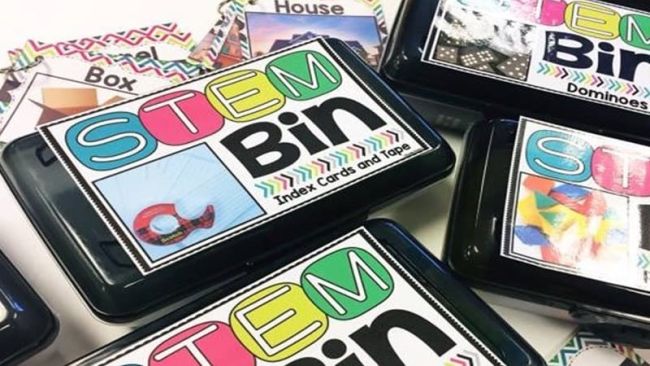
You can use STEM activities in a wide variety of ways with these cool bins. Incorporate them into literacy centers, create a makerspace, and offer early finishers fun enrichment ideas. Learn how to create and use STEM bins.
3. Conduct an egg drop
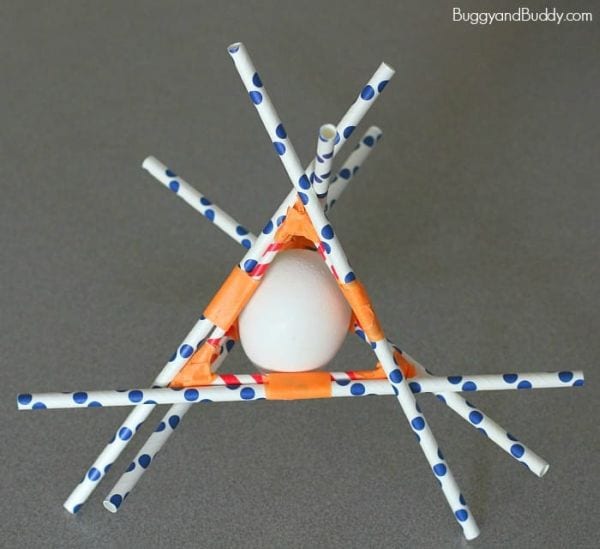
This is one of those classic STEM activities every kid should try at least once. Kids can do it at any age, with different materials and heights to mix it up.
Learn more: Buggy and Buddy
4. Engineer a drinking straw roller coaster
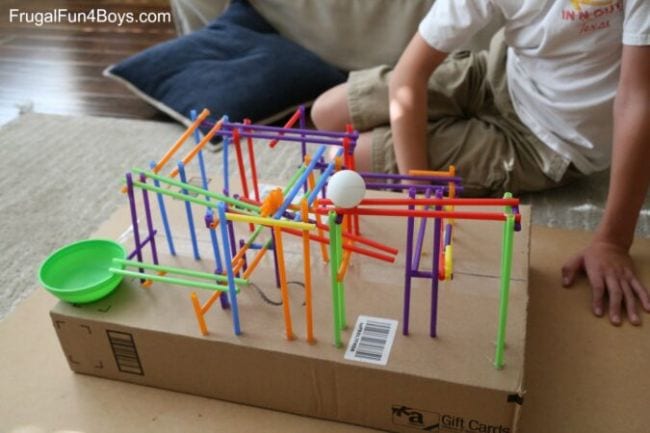
This is such a fun way to encourage engineering skills! All you need are basic supplies like drinking straws, tape, and scissors.
Learn more: Straw Roller Coaster/Frugal Fun For Boys and Girls
5. Simulate an earthquake
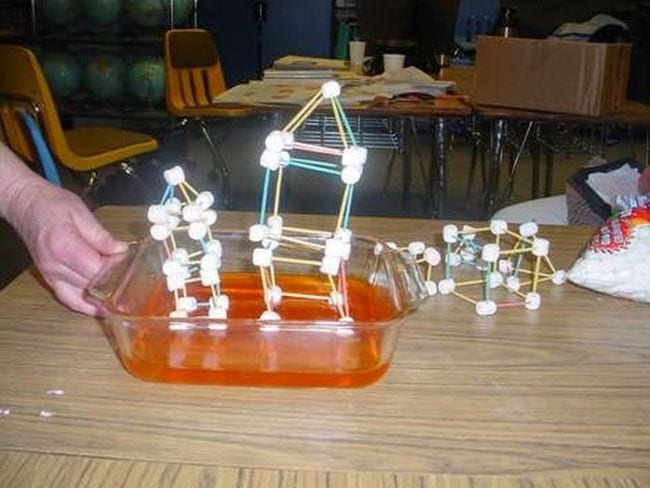
The ground under our feet may feel solid, but an earthquake changes that pretty quickly. Use Jello to simulate the earth’s crust, then see if you can build an earthquake-proof structure.
Learn more: Teaching Science
6. Stand up to a hurricane
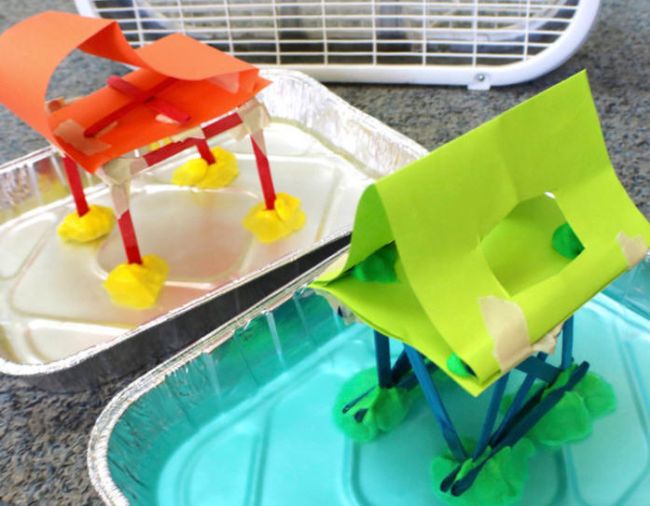
In a hurricane zone, houses must be able to stand up to strong winds and possible flooding. Can your students design houses that make it safer to live in these dangerous areas?
Learn more: Carly and Adam
7. Create a new plant or animal
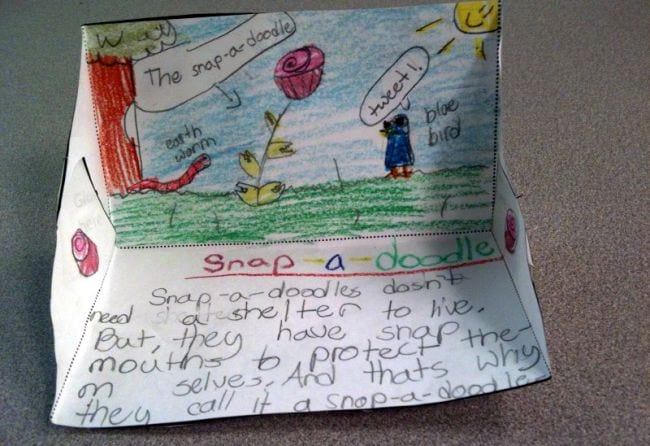
Kids will really get into this project, indulging their creativity as they invent a plant or animal that’s never been seen before. They’ll need to be able to explain the biology behind it all, though, making this an in-depth project you can tailor to any class.
Learn more: I Love 2 Teach
8. Design a helping hand
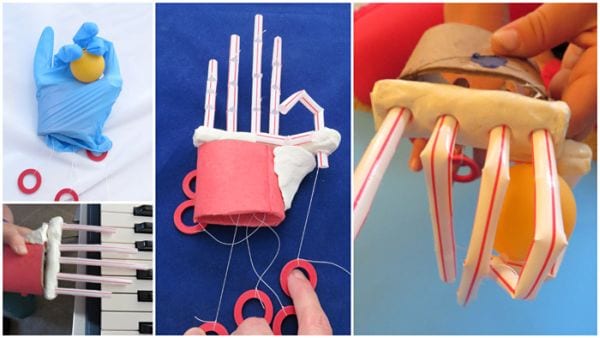
This is a great group science project. Students hone their design and engineering skills to make a working model of a hand.
Learn more: Model Hand/Science Buddies
9. Understand the impact of non-renewable resources
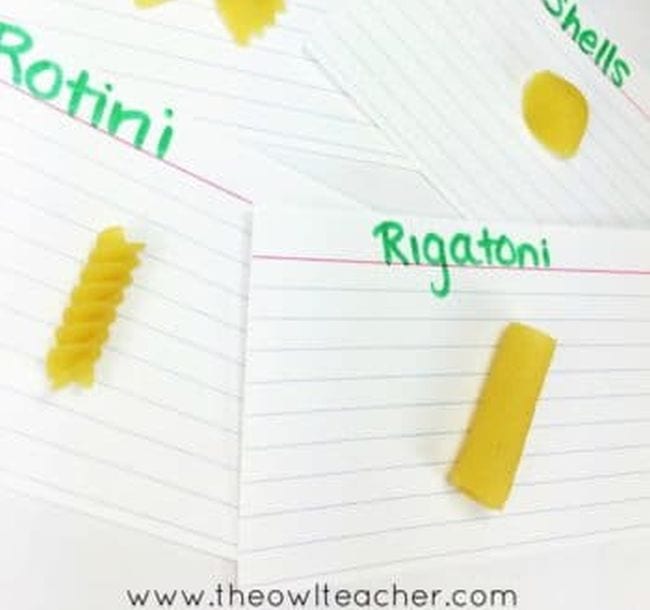
Discuss the differences between renewable and non-renewable resources, then have your class form “companies” to “mine” non-renewable resources. As they compete, they’ll see how quickly the resources are used. It’s a great tie-in to energy conservation discussions.
Learn more: The Owl Teacher
10. Devise an amazing marble maze
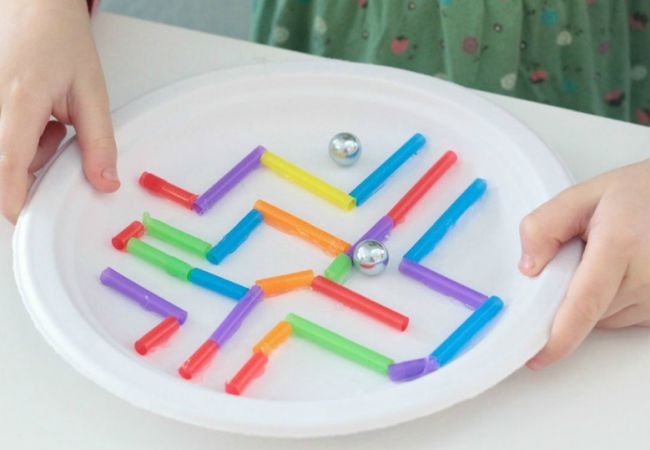
Marble mazes are one of students’ favorite STEM activities! You can provide supplies like straws and paper plates for their project. Or let them use their imaginations and create marble mazes from any materials they can think of.
Learn more: Marble Maze/Raising Lifelong Learners
11. Fly clothespin airplanes
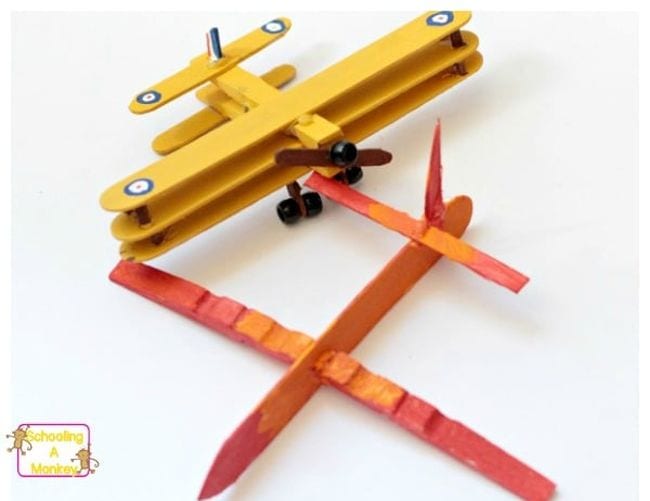
Ask students what they think the airplane of the future might look like. Then, provide them with clothespins and wood craft sticks, and challenge them to build a new kind of airplane. Bonus points if it can actually fly!
Learn more: STEAMsational/Clothespin Airplane
12. Play catch with a catapult
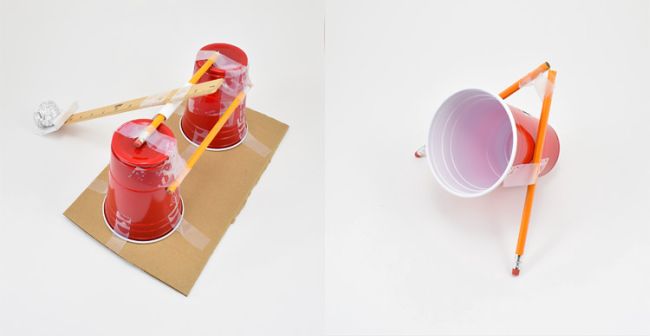
This take on a classic science project challenges young engineers to build a catapult from basic materials. The twist? They also must create a “receiver” to catch the soaring object on the other end.
Learn more: Catapult Challenge/Science Buddies
13. Bounce on a trampoline
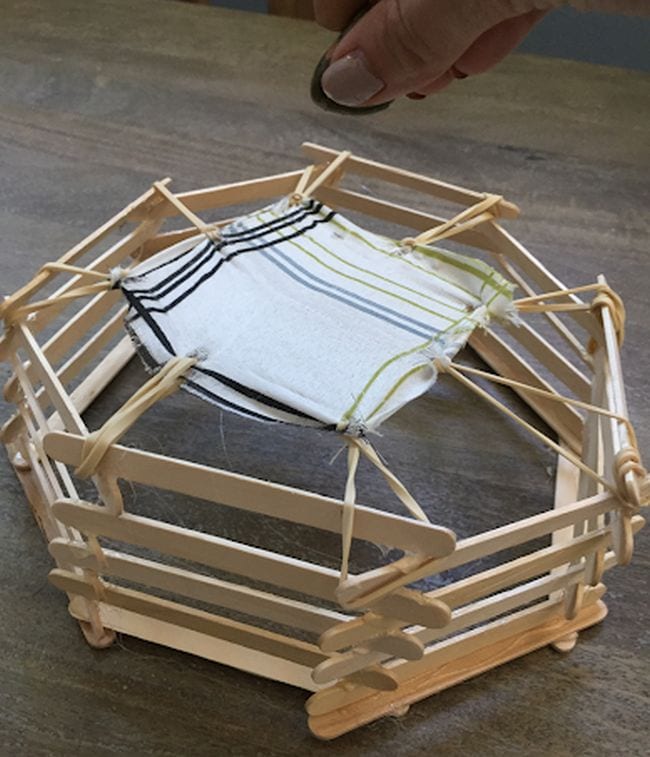
Kids love bouncing on trampolines, but can they build one themselves? Find out with this totally fun STEM challenge.
Learn more: Teach Student Savvy
14. Build a solar oven
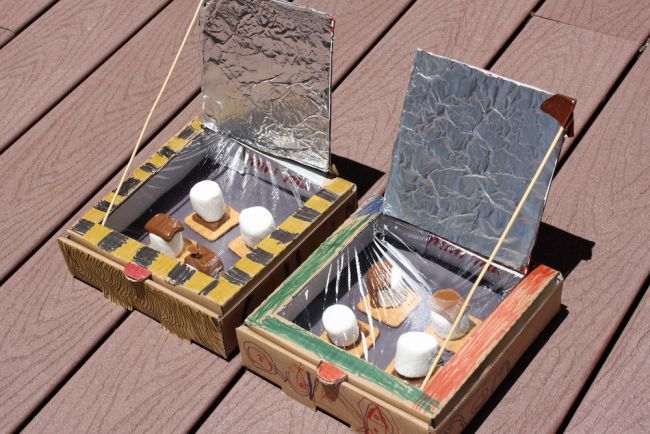
Learn about the value of solar energy by building an oven that cooks food without electricity. Enjoy your tasty treats while discussing ways we can harness the energy of the sun and why alternative energy sources are important.
Learn more: Desert Chica
15. Build a snack machine
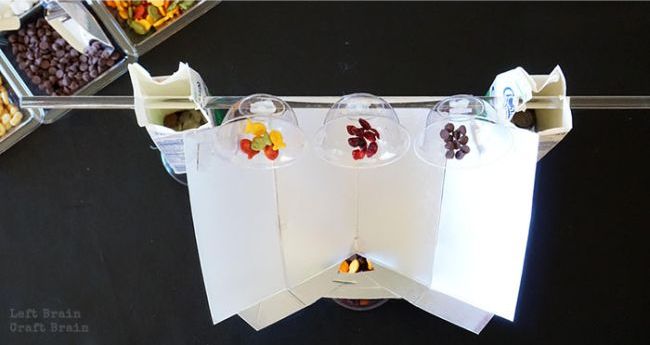
Incorporate everything students learn about simple machines into one project when you challenge them to build a snack machine! Using basic supplies, they’ll need to design and construct a machine that delivers snacks from one location to another.
Learn more: Snack Machine/Left Brain Craft Brain
16. Recycle newspaper into an engineering challenge
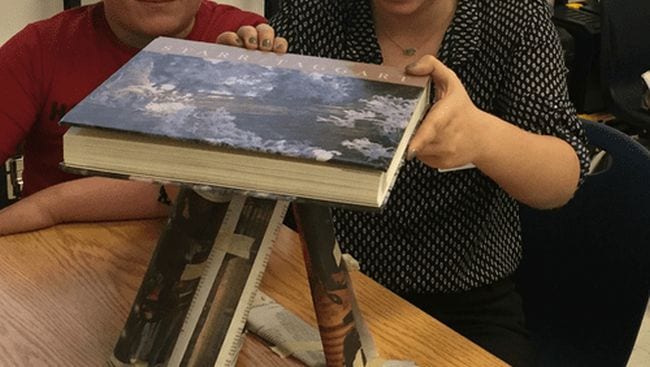
It’s amazing how a stack of newspapers can spark such creative engineering. Challenge students to build the tallest tower, support a book, or even build a chair using only newspaper and tape!
Learn more: STEM Activities for Kids
17. Design a biosphere
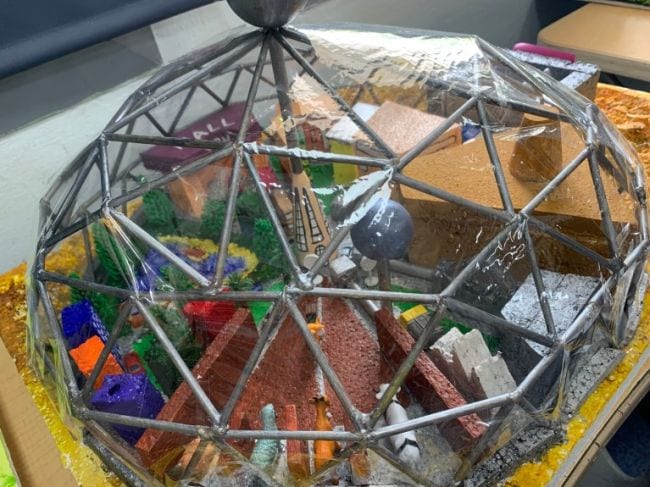
This project really brings out kids’ creativity and helps them understand that everything in a biosphere is really part of one big whole. You’ll be overwhelmed by what they come up with!
Learn more: Laney Lee
18. See the effects of an oil spill
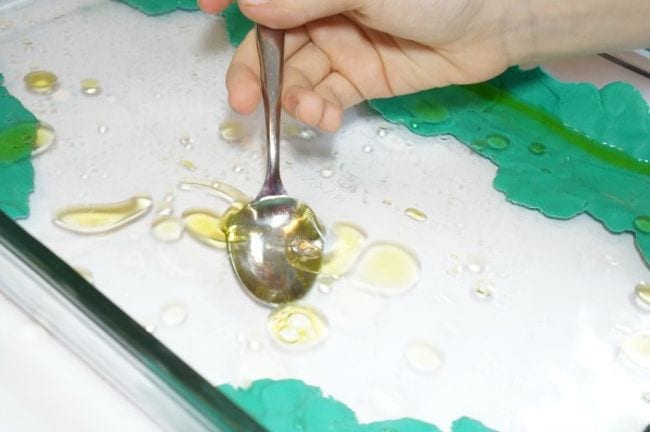
Learn why an oil spill is so devastating for wildlife and the ecosystem with this hands-on activity. Kids experiment to find the best way to clean up oil floating on water and rescue the animals affected by the spill.
Learn more: Kitchen Counter Chronicles
19. Assemble a steady-hand game
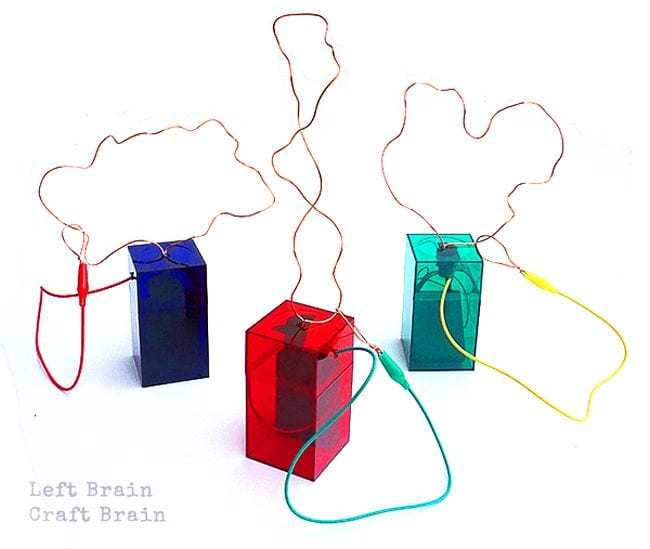
This is such a fun way to learn about circuits! It also brings in a bit of creativity, adding the “A” to STEAM.
Learn more: Steady Hand Game/Left Brain Craft Brain
20. Craft a cell phone stand
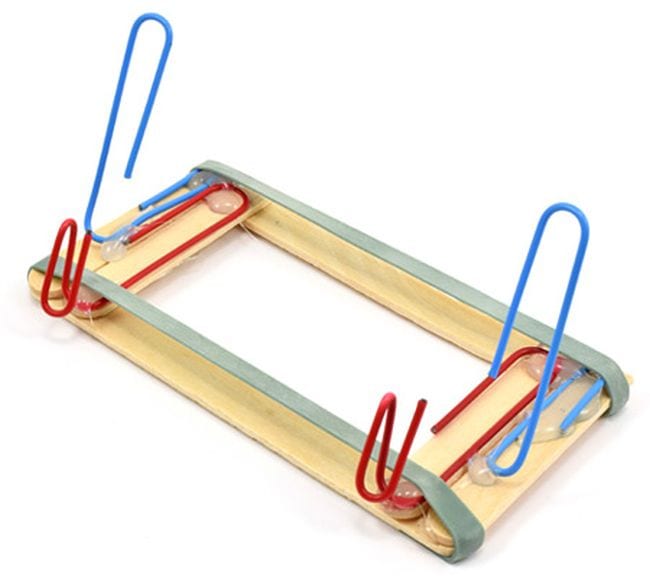
Your science students will be thrilled when you let them use their phones in class! Challenge them to use their engineering skills and a small selection of items to design and build a cell phone stand.
Learn more: Science Buddies/Engineer Cell Phone Stand
21. Engineer a craft stick bridge
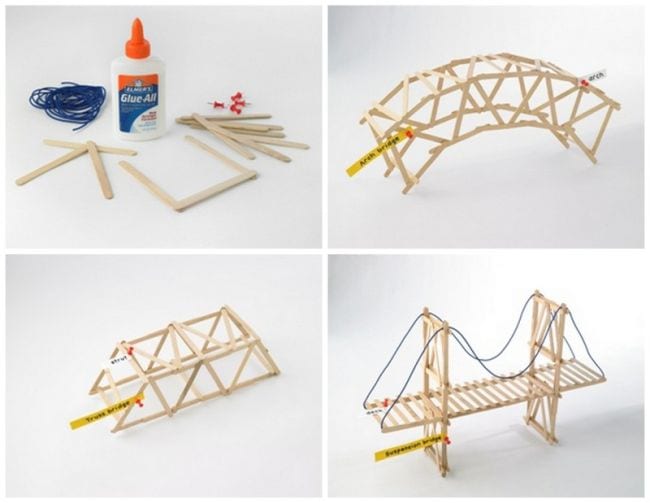
Here’s another one of those classic STEM activities that really challenge kids to use their skills. Build a bridge with popsicle sticks and push pins, and find out which design can bear the most weight.
Learn more: Build a Bridge/Scholastic
22. Forage and build a bird nest
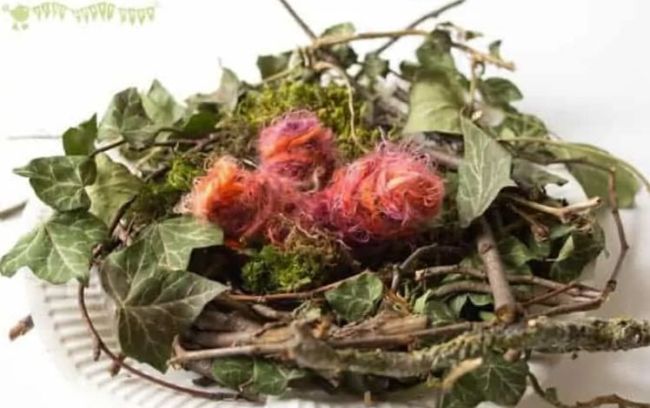
Birds build incredibly intricate nests from materials they find in the wild. Take a nature walk to gather materials, then see if you can build a sturdy, comfy nest of your own!
Learn more: Kids Craft Room
23. Drop parachutes to test air resistance
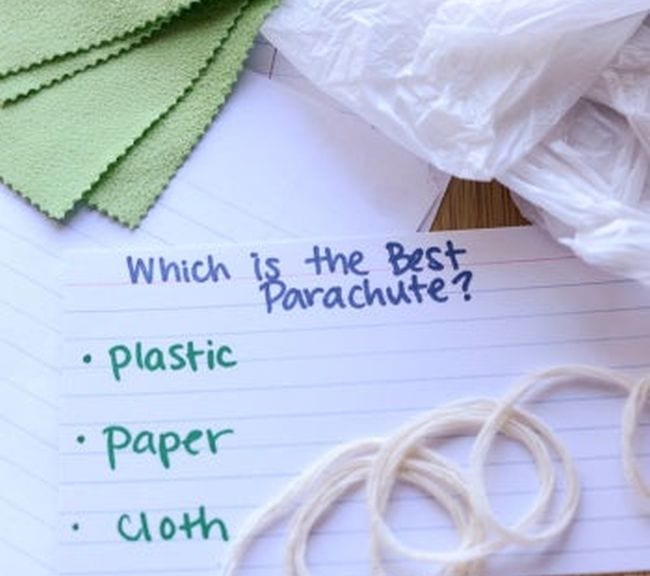
Use the scientific method to test different types of material and see which makes the most effective parachute. Your students also learn more about the physics behind air resistance.
Learn more: Education.com
24. Find the most waterproof roof
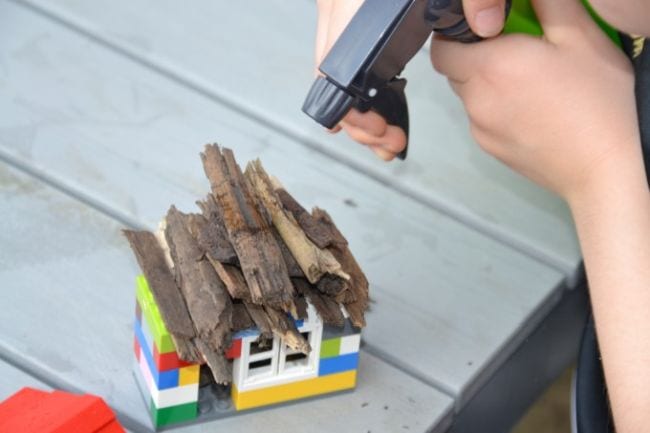
Calling all future engineers! Build a house from LEGO, then experiment to see what type of roof prevents water from leaking inside.
Learn more: Waterproof Roof/Science Sparks
25. Build a better umbrella
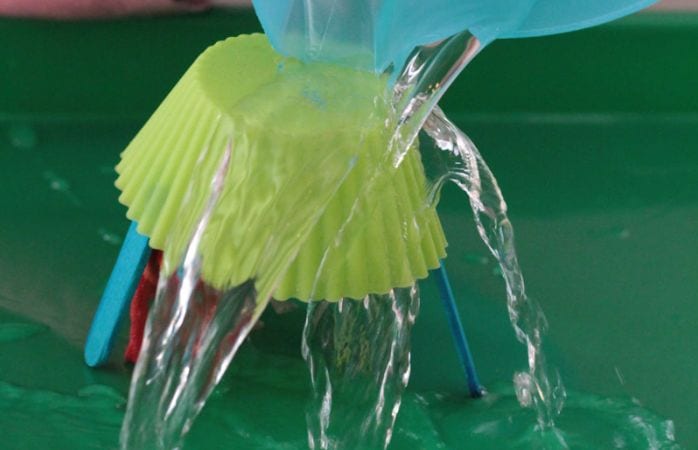
Challenge students to engineer the best possible umbrella from various household supplies. Encourage them to plan, draw blueprints, and test their creations using the scientific method.
Learn more: Better Umbrella/Raising Lifelong Learners
26. Go green with recycled paper
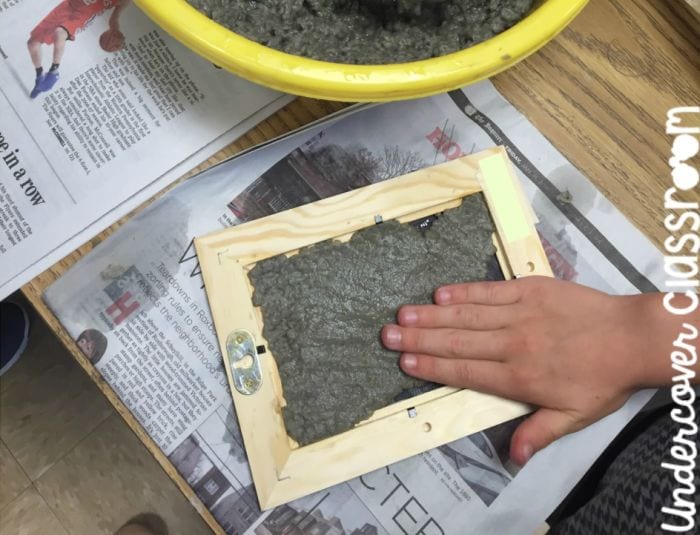
We talk a lot about recycling and sustainability these days, so show kids how it’s done! Recycle old worksheets or other papers using screen and picture frames. Then, ask kids to brainstorm ways to use the recycled paper.
Learn more: Undercover Classroom
27. Brew up your own slime
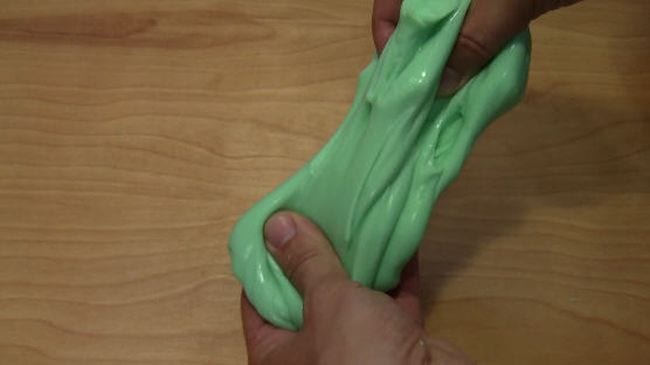
Chances are good your students already love making and playing with slime. Turn the fun into an experiment by changing the ingredients to create slime with a variety of properties—from magnetic to glow-in-the-dark!
Learn more: Slime Design/Science Buddies
28. Create a taxonomy system
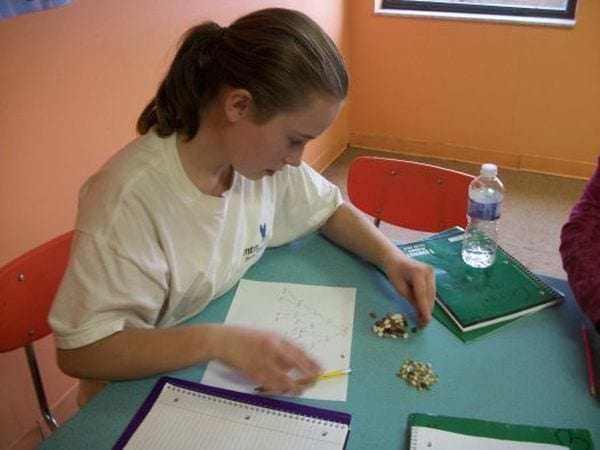
Students can step into Linnaeus’ shoes by creating their own system of taxonomy using a handful of different dried beans. This is a fun science project to do in groups, so students can see the differences between each group’s system.
Learn more: Our Journey Westward
29. Find out which liquid is best for growing seeds
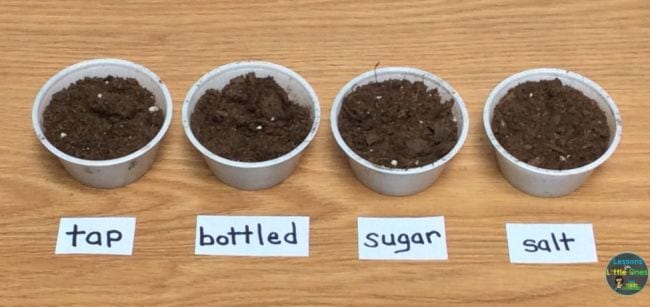
As you learn about the life cycle of plants, explore how water supports plants’ growth. Plant seeds and water them with a variety of liquids to see which sprout first and grow best.
Learn more: Lessons 4 Little Ones
30. Find the best soap bubble solution
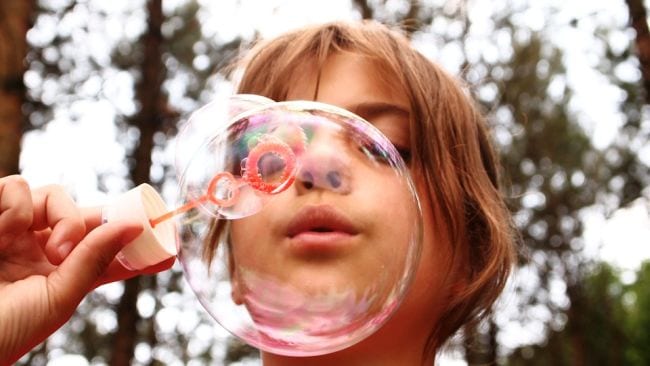
It’s easy to mix your own soap bubble solution with just a few ingredients. Let kids experiment to find the best proportion of ingredients to blow the longest-lasting bubbles with this fun outside science activity.
Learn more: Soap Bubbles/Science Buddies
31. Blow the biggest bubbles you can
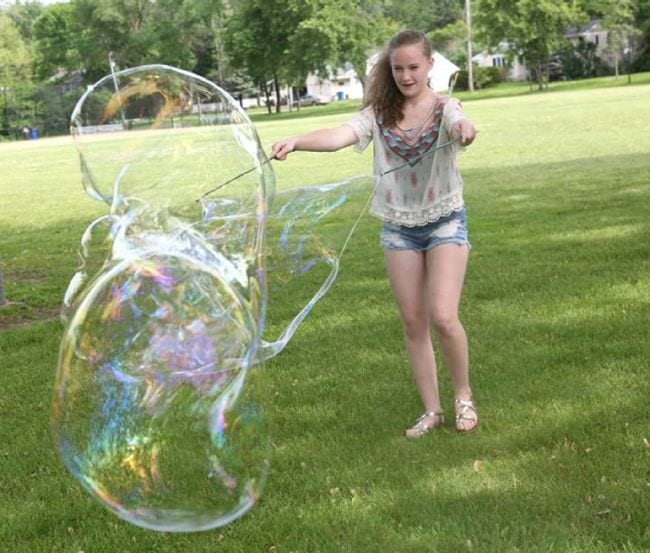
Add a few simple ingredients to dish soap solution to create the largest bubbles you’ve ever seen! Kids learn about surface tension as they engineer these bubble-blowing wands.
Learn more: Scholastic/Dish Soap Bubbles
32. Help monarch butterflies
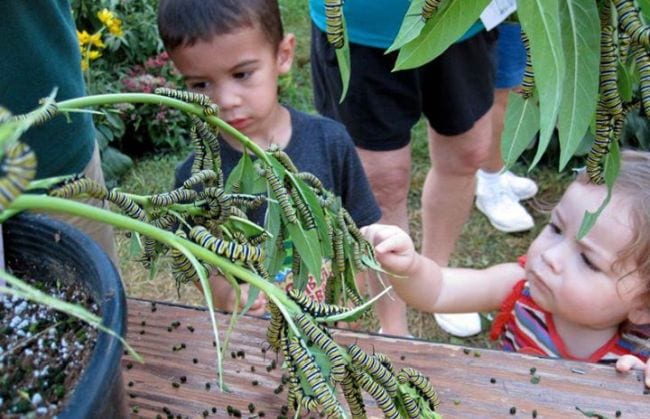
You may have heard that monarch butterflies are struggling to keep their population alive. Join the fight to save these beautiful bugs by planting your own butterfly garden, monitoring monarch populations, and more. Get all the info you need at the link.
Learn more: Monarch Watch
33. See water pollution in action
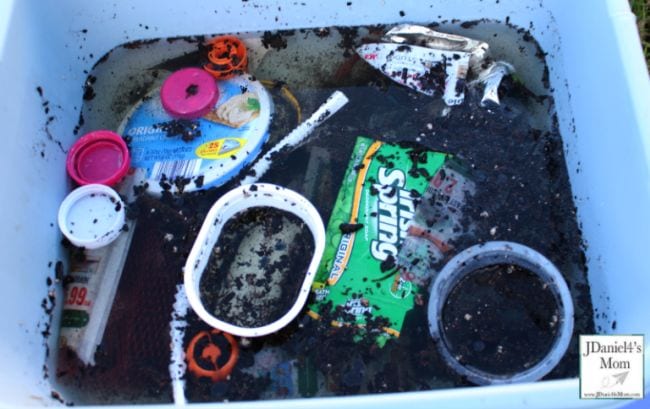
Learn about the challenges of cleaning up polluted water sources like rivers and lakes with this interesting outdoor science activity. Pair it with a visit to a local water treatment plant to expand the lesson.
Learn more: Water Pollution/JDaniel4’s Mom
34. Test your local water quality
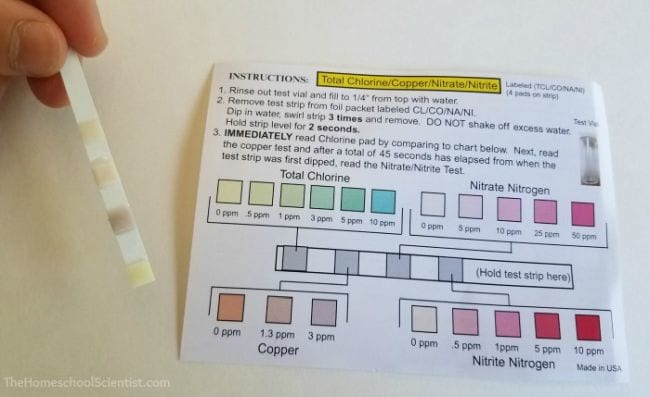
Once you’ve “cleaned up” your water, try testing it to see how clean it really is! Then head out to test other types of water. Kids will be fascinated to discover what’s in the water in their local streams, ponds, and puddles. Student water testing kits are readily available online.
Learn more: The Homeschool Scientist
35. Explore with an edible Mars Rover
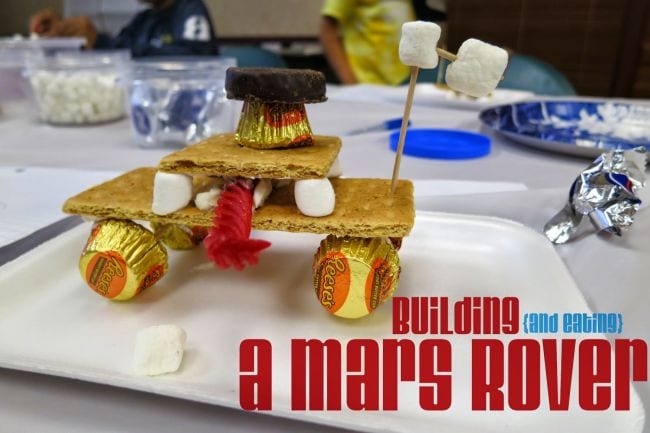
Learn about the conditions on Mars and the tasks the Mars Rover will need to complete. Then, give kids supplies to build their own. (Add to the challenge by making them “buy” the supplies and stick to a budget, just like NASA!).
Learn more: Library Makers
36. Baked potato science
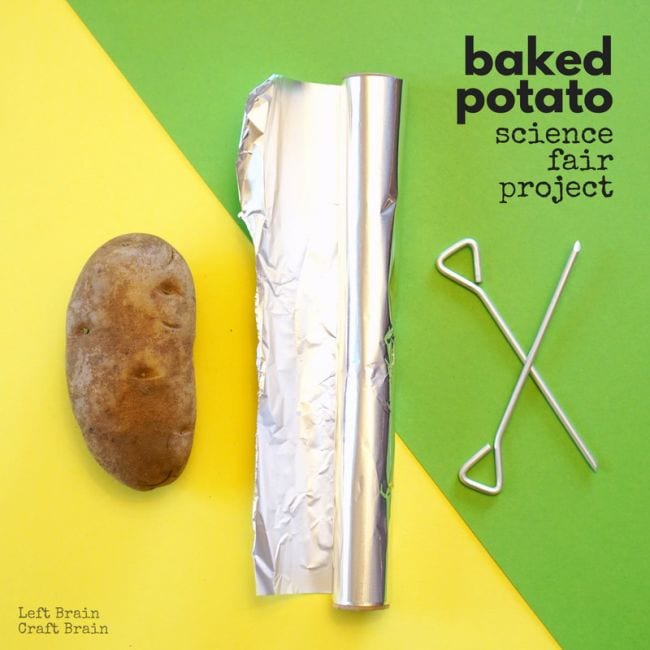
This edible science project is a nutritious way to explore the scientific method in action. Experiment with a variety of methods for baking potatoes—microwaving, using a traditional oven, wrapping them in foil, using baking pins, etc.—testing hypotheses to discover which works best.
Learn more: Potato Science/Left Brain Craft Brain
37. Waterproof a boot
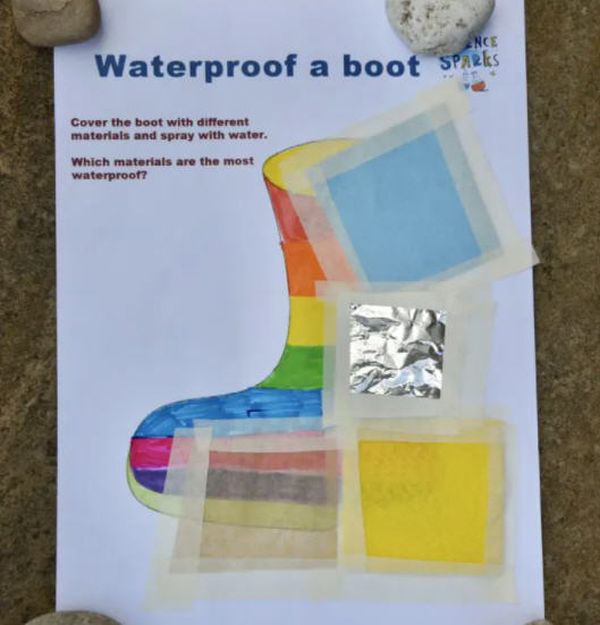
Ask kids to select various materials and tape them over the free boot printable. Then, test their hypotheses to see which ones work best.
Learn more: Waterproof a Boot/Science Sparks
38. Determine the best way to melt ice
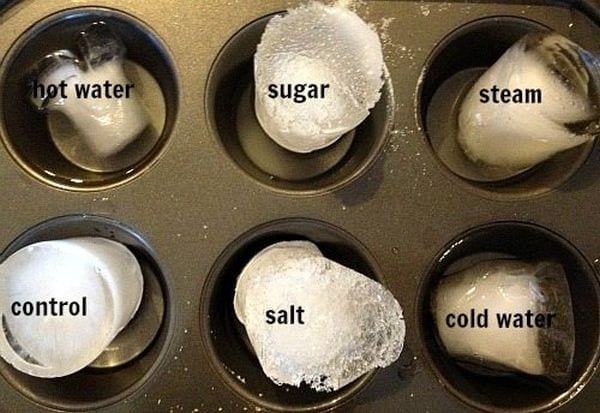
Conventional wisdom says we sprinkle salt on ice to melt it faster. But why? Is that really the best method? Try this science experiment and find out.
Learn more: The Chaos and the Clutter
39. Don’t melt the ice
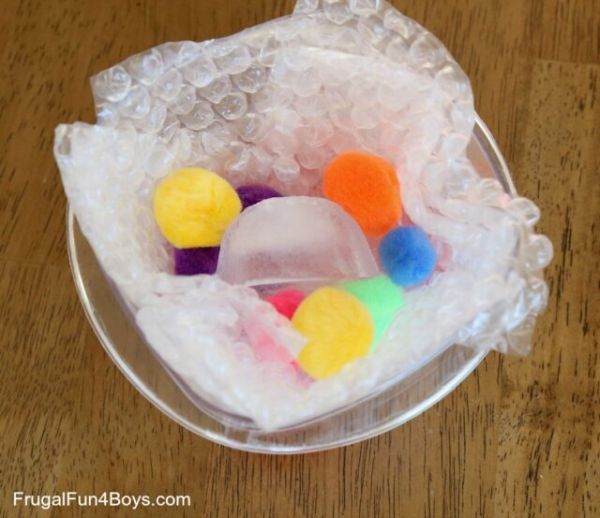
We spend a lot of time in winter trying to get rid of ice, but what about when you don’t want the ice to melt? Experiment with different forms of insulation to see which keeps ice frozen the longest.
Learn more: Ice Insulation/Frugal Fun for Boys and Girls
40. Build a straw house
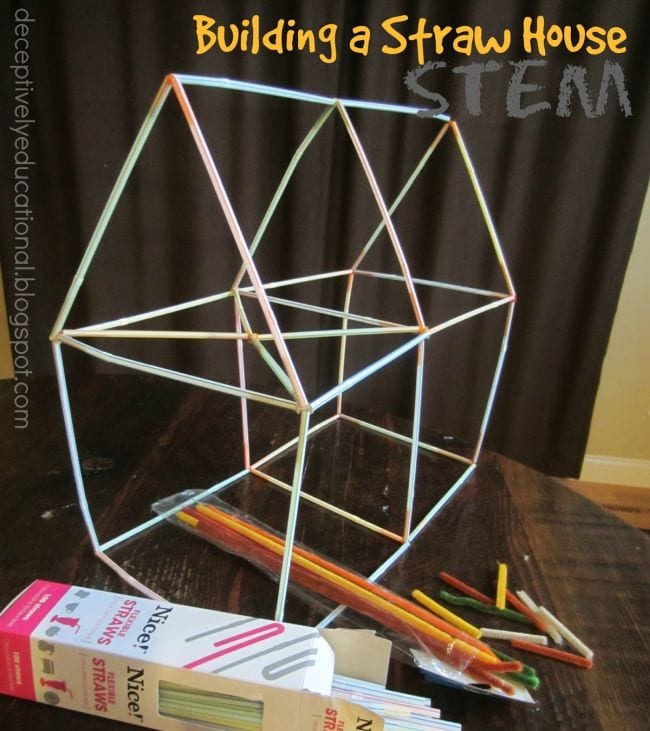
Grab a box of straws and a package of pipe cleaners. Then task kids with designing and building their dream house, using only those two items.
Learn more: Deceptively Educational
41. Design a balloon-powered car
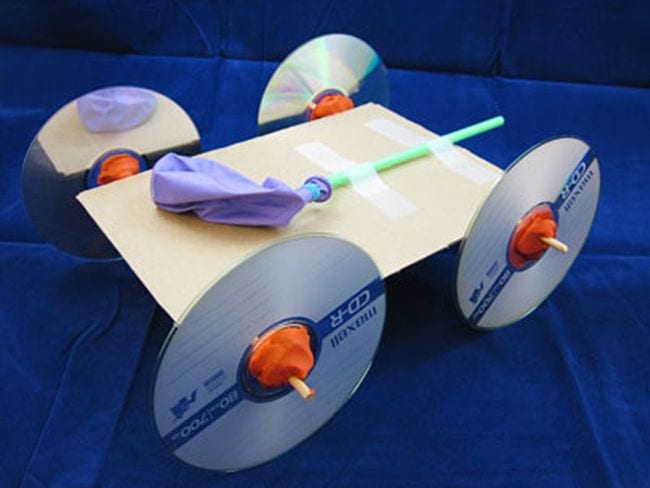
Explore the laws of motion and encourage creativity when you challenge students to design, build, and test their own balloon-powered cars. Bonus: Use only recycled materials to make this project green!
Learn more: Balloon-Powered Cars/Science Buddies
42. Learn map skills by designing an amusement park

For this cross-curricular activity, students investigate the parts of a map by creating an amusement park. After they create their map, they do a detailed drawing and write about one of their ride designs. Then they design an all-access park pass. So many STEM activities in one! Find out more about it here.
43. Reach for the ceiling
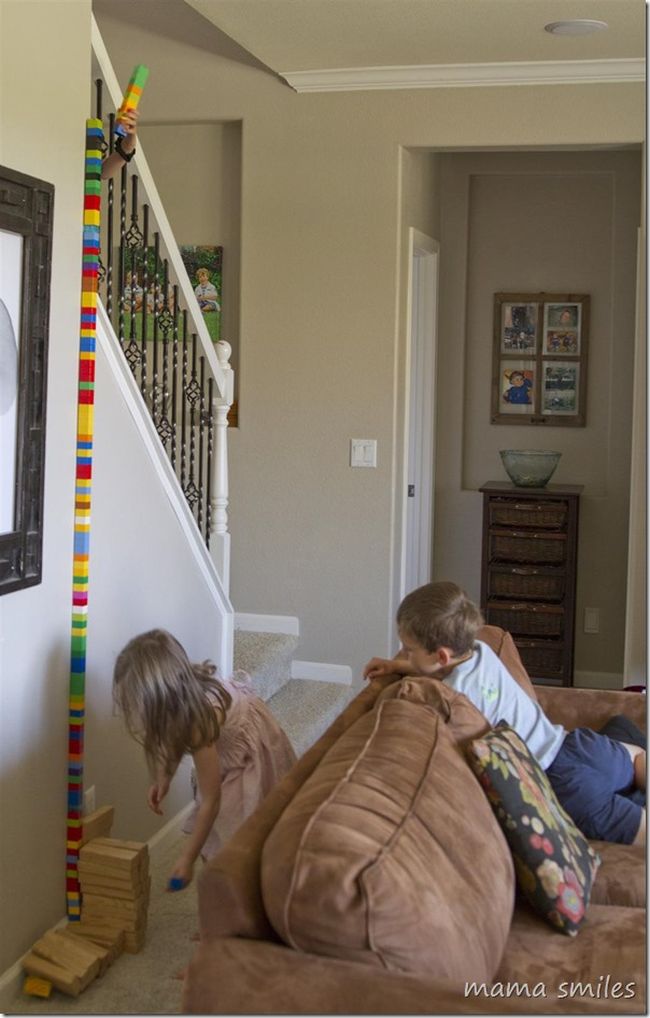
Round up all your building blocks and try this whole-class project. What will students need to do to be able to construct a tower that reaches all the way to the ceiling?
Learn more: Mama Smiles
44. Cast a tall shadow
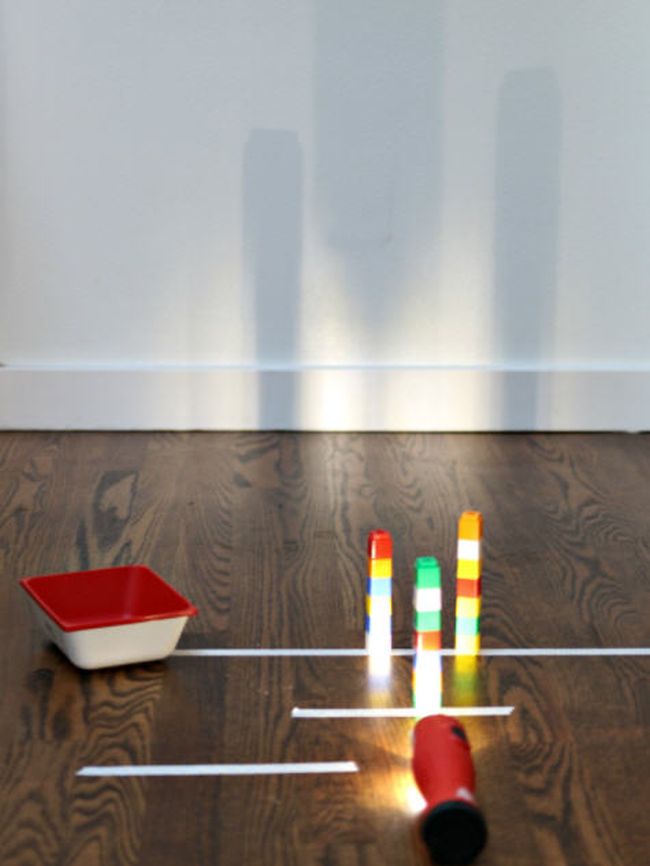
Here’s another tower-building challenge, but this one’s all about shadows! Kids will experiment with the height of their tower and the angle of their flashlight to see how tall of a shadow they’re able to cast.
Learn more: No Time for Flashcards
45. Devise a recycled toy bot
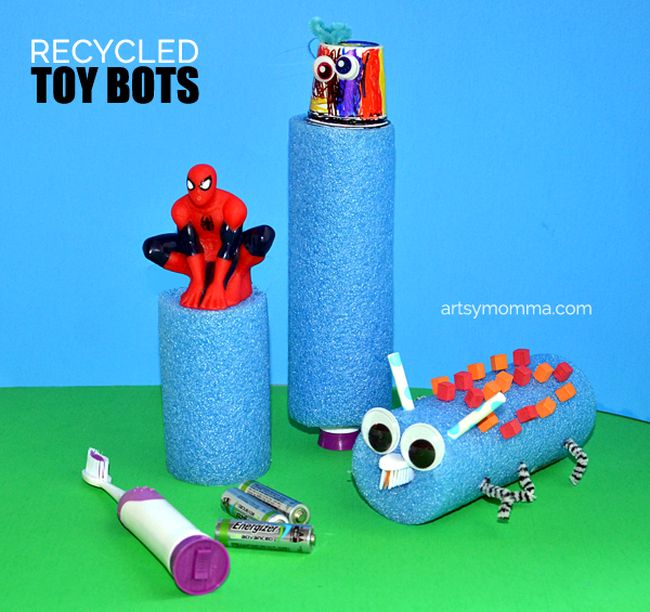
These adorable toy bots are made from pool noodles and recycled electric toothbrushes. So clever! Kids will have fun designing their own, plus they can tweak this idea to make other fun wiggling toys.
Learn more: Artsy Momma
46. Link up the longest paper chain

This incredibly simple STEM activity really gets kids thinking. The challenge? Create the longest possible paper chain using a single piece of paper. So simple and so effective.
Learn more: Paper Chain Challenge/Frugal Fun For Boys and Girls
47. Find out what you can make from a plastic bag
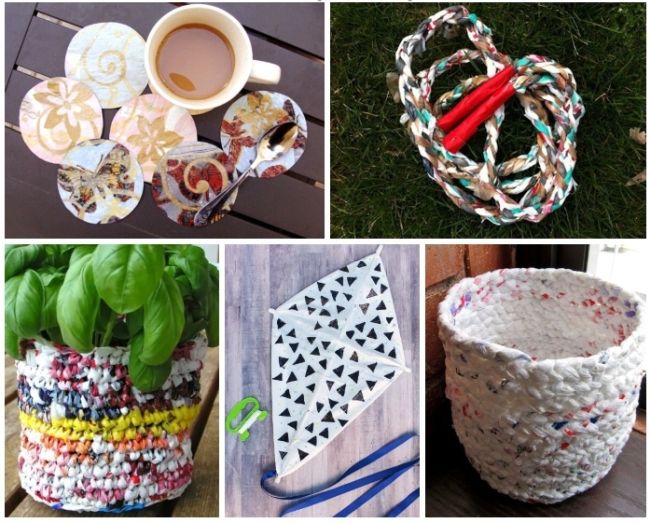
Plastic bags are one of the most ubiquitous items on the planet these days, and they’re difficult to recycle. Give each student a plastic bag and ask them to create something new and useful. (These ideas from Artsy Craftsy Mom offer some inspiration.)
48. Start a school robotics team
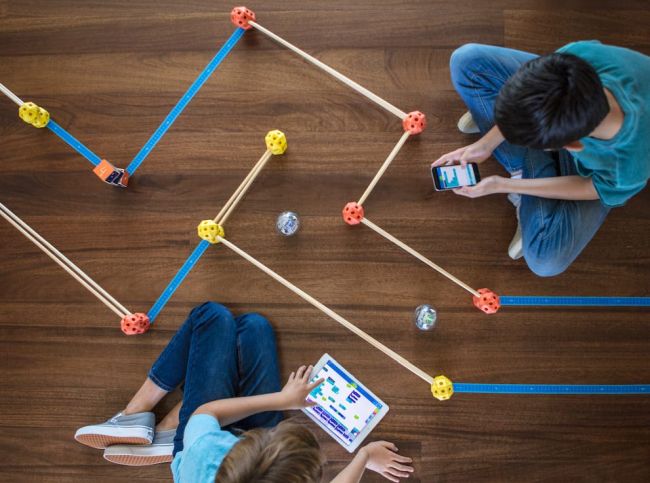
Coding is one of the most valuable STEM activities you can include in your classroom plans. Set up a school robotics club and inspire kids to embrace their newfound skills! Learn how to set up your own club here.
49. Embrace the Hour of Code
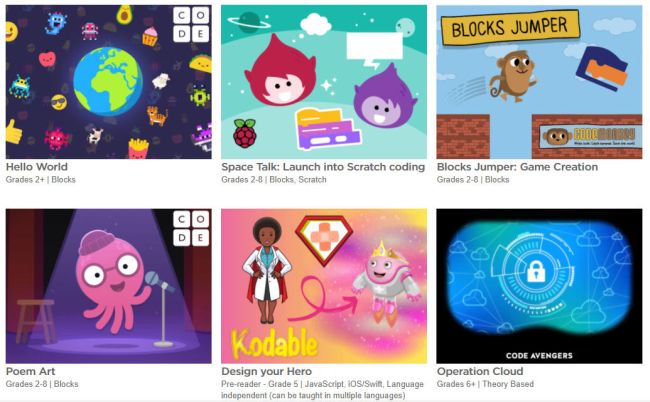
The Hour of Code program was designed as a way to get all teachers to try just one hour of teaching and learning coding with their students. Originally, the Hour of Code event was held in December, but you can organize yours any time. Then, continue to learn using the huge amount of resources on Hour of Code’s website.
50. Give kids a Maker Cart and a pile of cardboard
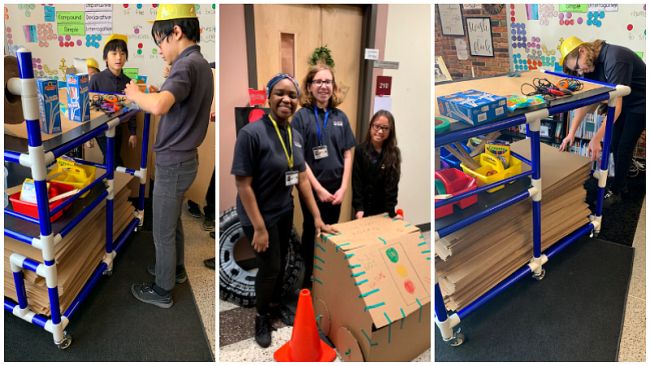
You don’t need a whole lot of fancy supplies to create a STEM Cart or makerspace. Scissors, tape, glue, wood craft sticks, straws—basic items like these combined with a stack of cardboard can inspire kids to all sorts of amazing creations! See how these STEM activities work here.
Original Source: https://www.weareteachers.com/stem-activities/